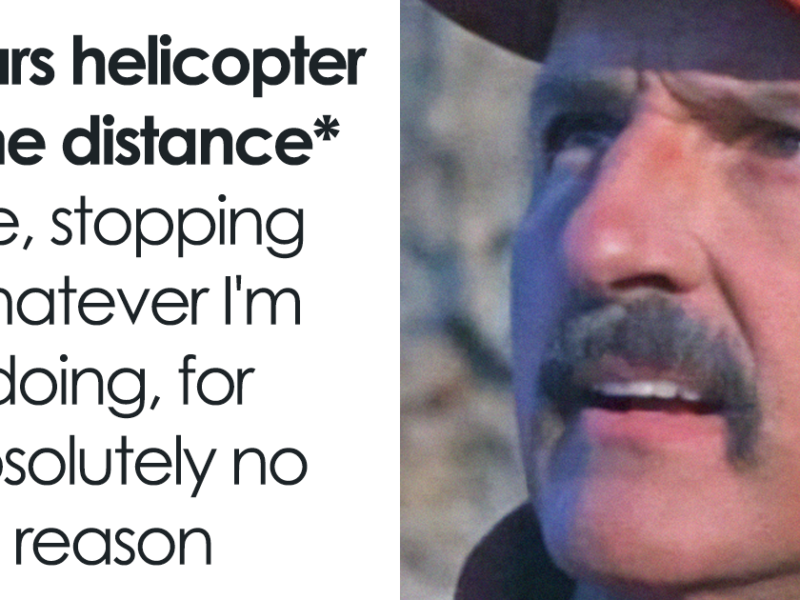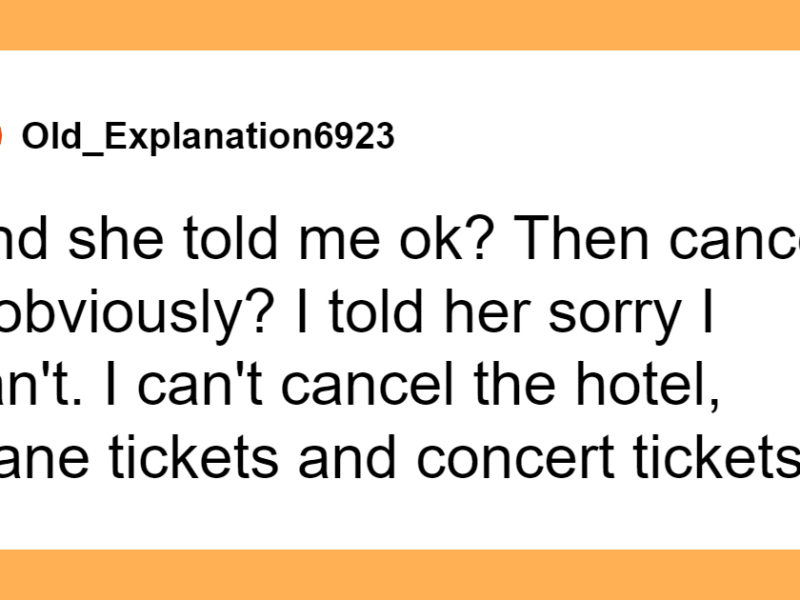[ad_1]
No matter how calm, cool, and confident we might be, sooner or later, we all find ourselves in pretty awkward situations. We’re definitely not alone in our embarrassment!
Video creator and TikTok star Benjamin Tiffen, aka @tiffytoky, has been going viral with his incredibly relatable ‘things I find embarrassing for no reason’ series. It’s these little embarrassing moments that unite us and prove that we have more in common than we might think. We’re featuring some of the creator’s most fun real-life insights to share with you, Pandas. Scroll down to check them out!
Bored Panda has reached out to Benjamin via email, and we’ll update the article as soon as we hear back from him.
More info: TikTok | Twitch | Instagram | X
Benjamin Tiffen’s ‘things I find embarrassing for no reason’ series has gone viral on TikTok, and it’s incredibly relatable

Image credits: tiffytoky
Benjamin has a very large following on the internet. On TikTok alone, a whopping 2.3 million internet users follow his account, where he posts entertaining content very frequently. Another 174k people follow him on Instagram.
The TikToker’s ‘things I find embarrassing for no reason’ videos have been a wild success. These clips have gotten millions of views.
Benjamin manages to hone in on some incredibly relatable moments in his videos. Most of us have been in the slightly awkward situations he describes, which is why we enjoy the videos so much. That, in turn, makes us want to share them with our family, friends, and colleagues.
Relatability is a vital part of internet content. Without it, you’re relying on pure luck to go viral. However, if you know your audience very well (and post consistently!), you can stand out from the crowd on TikTok and social media by appealing to their personal experiences.
When it comes to dealing with our sense of embarrassment, the healthy thing to do is to feel whatever we feel. That’s far easier said than done, though! Embracing the heck out of our emotions, however uncomfortable they might be, is a skill like any other. We get better at doing it with practice!
The more we embrace our feelings instead of running away from them, the better we become at resolving awkward and embarrassing situations in the future. Not only that but by acknowledging our embarrassment and/or mistakes, we prevent them from turning into shame further down the line.
However, some of our experiences and memories continue to torment us even years later, despite our best efforts to come to terms with them. In these cases, it can really help us if we think about how those situations might have improved us. In short, we want to reframe the narrative. Perhaps by embarrassing ourselves in public, we learned an important lesson or became more emotionally resilient. Or we learned something new about ourselves or even managed to connect to other people despite all the emotional fallout.
The reality is that we tend to focus too much on our personal failures and embarrassment. We believe that everyone in our social circle must be thinking about all the times we messed up. The fact is that most other people are worrying about what others think of them, just like us. In short, all of us are hyper-focused on our own embarrassment. That’s a freeing thought!
You can try breathing techniques and meditation to get over some of your more embarrassing moments. However, at certain points, it becomes almost necessary to reach out to a professional for help. The rule of thumb here is that you should go see a therapist if your embarrassment or shame is affecting your daily life.
When everyone is waiting for you to finish packing your shopping at the store
For example, if you find yourself sleeping poorly, having difficulty concentrating, avoiding meeting up with other people, and always being in a bad mood, you might want to consider seeing a mental health specialist. They can help you unpack and reframe your experiences so that you can live with more confidence. There’s nothing like an outside perspective to provide some additional clarity.
Wearing a brand new outfit in public and u start to overthink
Acknowledging your embarrassment can actually work in your favor, too! Especially if you’re in a leadership position. It’s a way for you to be seen as more human and down-to-earth by the people around you. Harvard Business Review notes that people tend to be quite compassionate and nonjudgmental. They’ll relate to you more if you’re humble and take responsibility for your mistakes.
But the key here is to make your mistakes not look like a big deal. Everyone makes mistakes. There’s no need for excessive self-flagellation.
Which of Benjamin’s insights did you relate to the most, dear Pandas? How do you tend to behave in embarrassing and awkward situations? If you have a moment, feel free to share your thoughts in the comments.
Talking to someone with a wog eye and you’re not sure which eye to look at
That awkward side walk you gotta do when you’re the least-liked friend in the group
Going to the toilet at the cinema and having to awkwardly pass people
When you knock on your friend’s door and expect them to answer but their parents do instead
When you stretch in class but the teacher thinks you had your hand raised
[ad_2]
Source link


